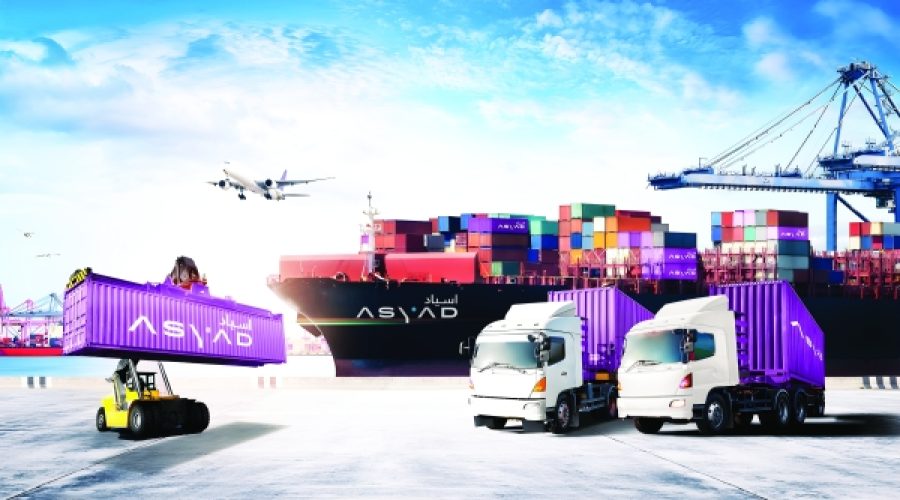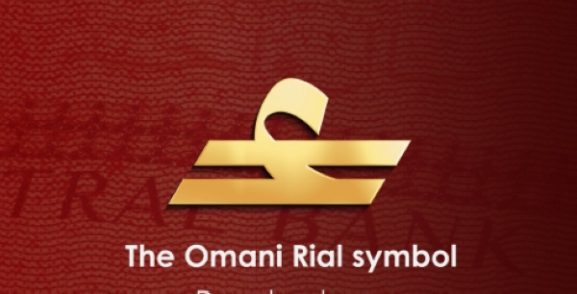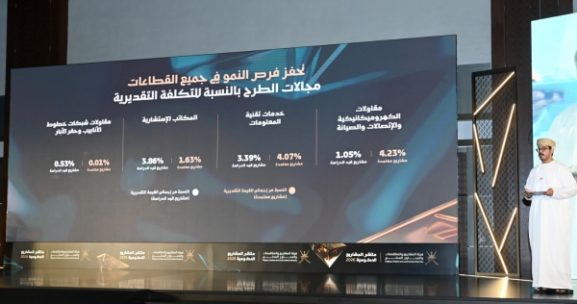Asyad Launches Hydrogen Corridor and Net-Zero Strategy: Key Opportunities for Oman’s Business Sector
MUSCAT, AUG 25 — Asyad Group, Oman’s integrated logistics provider, has unveiled an ambitious sustainability strategy aligning the nation’s logistics growth with green fuels, digital transformation, and SME development. The plan aims for net-zero emissions by 2050 and includes a pioneering liquid-hydrogen trade corridor from Al Duqm to Amsterdam. These initiatives are detailed in Asyad’s latest Sustainable Development Impact Disclosure (SDID), aligned with Oman Vision 2040 and the UN Sustainable Development Goals (SDGs).
Owned wholly by the Oman Investment Authority, Asyad’s operations span maritime transport, ports, free zones, public transport, and logistics across more than 90 global regions. The SDID follows Impact Disclosure Taskforce guidelines and focuses on three core objectives: integrated logistics, nurturing the local logistics ecosystem, and adopting disruptive technologies. These goals support SDGs 7, 8, 9, 13, and 17, reflecting Oman’s ambition to evolve into a diversified logistics hub.
A key component of the strategy is maritime expansion. Asyad plans to add 30 vessels to its current fleet, which in 2025 comprises 5 container ships, 23 bulk carriers, 34 product tankers, 22 crude tankers, and 10 LNG carriers. The dry dock aims to undertake three additional shipbuilding projects, 174 ship repairs, and two steel fabrication projects by 2030. Fuel efficiency will be boosted through retrofits like propeller boss cap fins, pre-swirl ducts, and rotor sails, while feasibility studies on e-methanol could position Oman’s ports as a “low-carbon molecule” hub.
Addressing climate change, Asyad reported total greenhouse gas emissions of 1,847,787 tCO₂e in 2022 and targets Group-wide net-zero emissions by 2050. Public transport operator Mwasalat plans to transition to clean energy, cutting emissions by 3% by 2030, 34% by 2040, and achieving net-zero by 2050. Asyad’s eco/green fleet is projected to grow from 30% in 2023 to 86% by 2033.
Hydrogen development is pivotal to balancing industrial growth with carbon reduction. Asyad announced a “historic agreement” to create a liquid-hydrogen corridor linking Port of Duqm with the Port of Amsterdam and is acquiring liquid hydrogen vessels to support its energy transition. The emerging green hydrogen ecosystem may generate 70,000–80,000 construction jobs and 30,000–40,000 support roles by 2030. Complementary to this trade lane is a proposed 1,000-km north-south hydrogen pipeline, designed to transport 500,000 tonnes annually, servicing shipping, industry, and mobility sectors.
In trade facilitation, Asyad is emphasizing multi-modal, low-carbon logistics and AI-driven route optimization while expanding renewable energy-powered green warehousing. The SDID reports 4.6 million TEUs handled in 2023, 33.5 million tonnes of general cargo exported, and 6,877 vessel calls. The Group intends to expand beyond its current 90 global destinations and build on $2.7 billion in foreign direct investment from its free zones in Suhar, Salalah, and Al Duqm, supporting Oman Vision 2040’s goal of making ports and logistics major contributors to GDP.
Local economic value creation is integral. Asyad’s Vendor Development Programme seeks to link SMEs with logistics contracts and enhance their technical capabilities. In 2023, around RO 38 million (approximately $98.7 million) in contracts were awarded to local suppliers, with an additional RO 10 million directed to over 600 SMEs. The SDID sets these figures as baselines for annual tracking. Moreover, the Group created 400 jobs for Omani nationals in 2023, underpinning its commitment to localization.
The sustainability framework includes waste reduction programs, biodiversity safeguards like ballast water treatment, and robust HSSEQ practices. Asyad follows a Code of Conduct alongside ESG and CSR policies, adhering to Muscat Stock Exchange ESG disclosure standards. Its subsidiaries hold certifications including ISO 9001 (quality), ISO 14001 (environment), ISO 45001 (health and safety), and ISO/IEC 27001 (information security).
Oman achieved a Logistics Performance Index score of 3.2 in 2023 per the World Bank. Asyad targets a long-term score of 3.8 through infrastructure and service enhancements. The Group will provide annual updates according to the SDID reporting table, emphasizing investor-level transparency as it pursues growth with lower emissions and inclusive economic participation. The challenge now lies in effectively executing plans for hydrogen infrastructure, fleet modernization, and SME engagement.
Special Analysis by Omanet | Navigate Oman’s Market
Asyad Group’s bold sustainability blueprint signals a transformative era for Oman’s logistics sector, positioning it as a key player in green fuels, digitalization, and SME empowerment aligned with Oman Vision 2040. For businesses, this creates robust opportunities in green tech, hydrogen trade, and logistics innovation, but also demands strategic agility to meet evolving regulatory and environmental expectations. Smart investors and entrepreneurs should prioritize ventures that leverage decarbonization, multi-modal logistics, and SME collaboration, as Asyad’s execution on hydrogen infrastructure and digital ecosystems will be pivotal to capturing the emerging low-carbon growth landscape.



